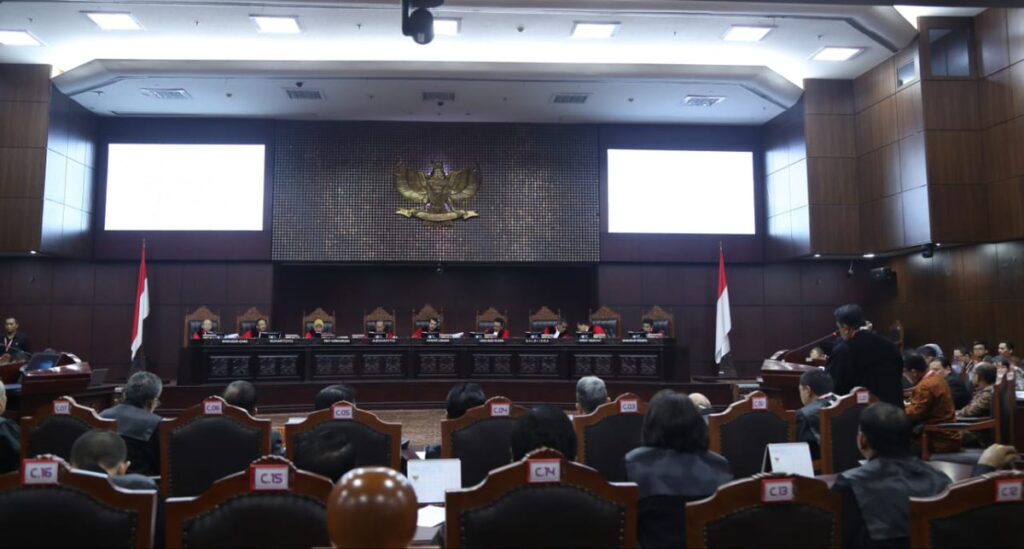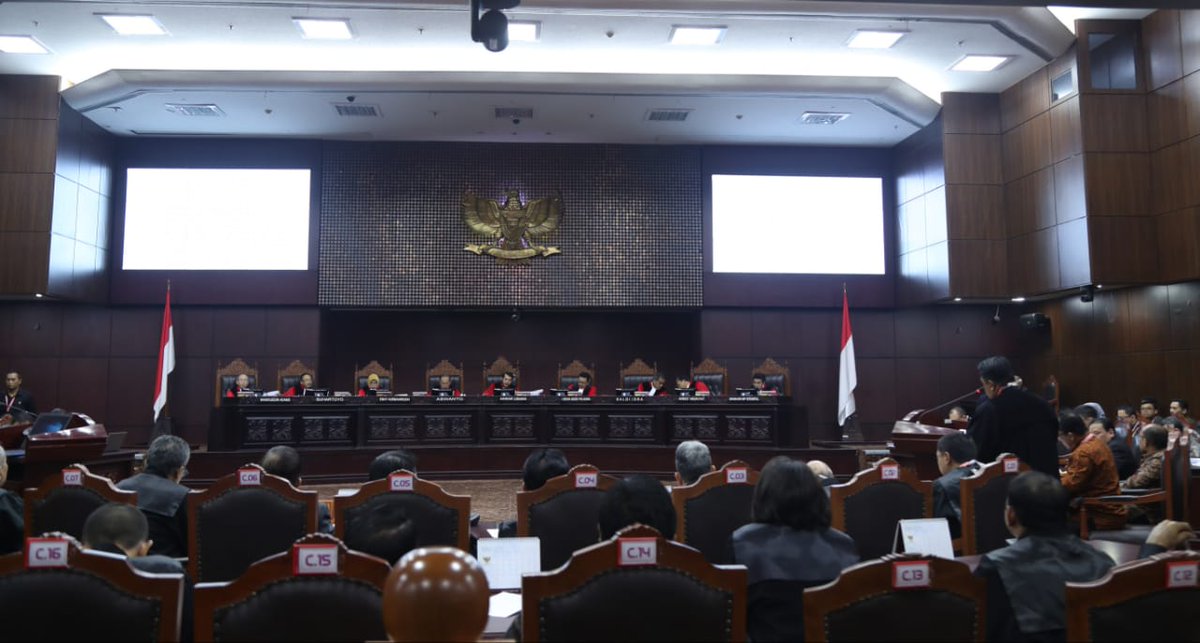
The implementation of the Public Information Openness Law (KIP) has been running for four years. Many complex public problems can be dismantled. In its development, threats began to emerge, contradictions with the implementation of the Community Organizations Law, the implementation of regulations which were good but problematic or deliberately circumvented, especially in eradicating corruption, as well as the internal dynamics of implementing the KIP Law.
Ronald Rofiandri from the Freedom of Association Coalition [KKB] said that the impact of the Mass Organization Law was quite massive in various regions. A number of local governments are confused about requiring registration for Civil Society Organizations (CSOs). The Chief Justice of the Constitutional Court at the Material Review Session of the Law on Mass Organizations asked if they did not register, what would the government do? The government did not answer until the end of the trial. Meanwhile, the DPR stated that it was voluntary.
Real threats have begun to be experienced, such as not getting services from the government. PATTIRO Banten and Fitra North Sumatra were rejected when submitting requests for information or information disputes because they could not include an SKT (Registered Certificate) from Kesbanglinmas.
According to Agus from ICW, the threat of information disclosure is directly related to corruption cases. The five most corrupt perpetrators who have been named as suspects are public officials, namely: regional government/ministerial employees, directors/commissioners/consultants/private employees, service heads, DPRD members, and heads of state. Therefore, in the case of requests for information, it is natural that obstacles are still found in information services. Agus hopes that all people will not remain silent and must “shout” if they receive information about corruption.
There are many methods used by the corrupt mafia. Technological innovations in online procurement were also circumvented, so that only companies that were in their group could register. In the forestry sector, the method companies often use is after cutting down the forest, then leaving. Therefore, ICW is inviting the OJK and Bank Indonesia to be careful about extending credit to troubled companies. Banks must also care about the environment.
The Open Indonesia Forum (OIF) discussion with the theme Threats to the Future of Transparency in Indonesia, organized by the Civil Society Network Freedom of Information Network Indonesia (FOINI), proposed that the Information Commission provide a more technical guidance reference so as not to refer to considerations that are still problematic from Law on Mass Organizations. While in the realm of legal issues submitted a review of the law. The Forum also urged the Central Information Commission to truly protect the public’s right to obtain information.
John Fresly, who was present representing the Information Commission, stated that KI would not enter into this area. If an NGO does not have approval from the Ministry of Law and Human Rights, it is changed to an individual request as an Indonesian citizen. On the other hand, John will revise the Procedures for Settlement of Information Disputes so that mediation can be carried out without considering the requirements for information applicants from Indonesian legal entities. Arie Setiawan from PATTIRO regrets this condition. “Indonesia is the initiator of an international movement that promotes openness of information and equal roles between society and the state, known as the Open Government Partnership (OGP). Even in 2014-2015 it became the leader. If for transparency just information there are still obstacles, how can the community take an equal role” said Arie.
Source person:
Ari Setiawan, PATTIRO (085711883817)
Ronald Rofiandri, KKB (0818747776)
Agus Suharyanto, ICW (08128576873)





